Transforming Waqf: The Role of ETFs in Driving Socio-Economic Impact
Author: Ibrahim Abdul Mugis
Introduction
The concept of Waqf, a charitable endowment in Islam, has stood the test of time, providing long-term benefits to communities. Now, with the introduction of the Waqf Exchange-Traded Fund (ETF), a modern financial vehicle, we are witnessing a groundbreaking fusion of Islamic finance and contemporary investment models.

This fusion holds immense potential to elevate the socio-economic impact of waqf while remaining deeply rooted in Maqasid al-Shariah (the objectives of Islamic law). As global leaders in zakat and waqf gather to discuss this innovative model, it is vital to understand how ETFs function, their alignment with Islamic principles, and their contributions to global sustainability goals.
What is an ETF? How Does it Work?
An Exchange-Traded Fund (ETF) is a type of investment fund that is traded on stock exchanges, much like stocks. It holds assets such as stocks, commodities, or bonds, and divides ownership of these assets into shares. Investors can buy and sell these shares throughout the trading day at market prices. ETFs offer a way to invest in a diversified portfolio without the need for direct ownership of the underlying assets.
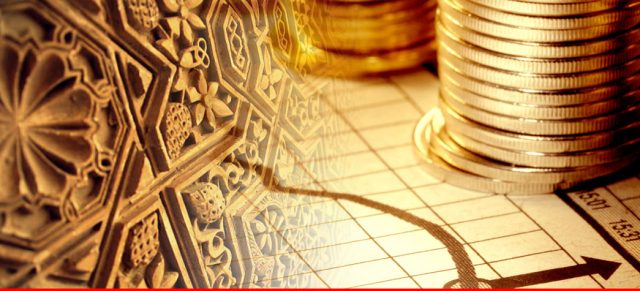
The key benefits of ETFs include:
1. Liquidity: Investors can easily buy or sell ETF shares throughout the trading day.
2. Diversification: ETFs allow investors to hold a range of assets in one fund, spreading risk.
3. Low Costs: They typically have lower fees than mutual funds.
4. Transparency: ETFs regularly disclose their holdings, ensuring investors are aware of where their money is going.

The Waqf ETF takes these advantages and applies them to charitable purposes, ensuring that funds raised are used in accordance with Islamic principles for sustainable social impact.
Hadith and Quranic Foundations
The foundation for waqf in Islam is deeply embedded in the teachings of the Prophet Muhammad (PBUH) and the Quran. The Prophet emphasized the lasting benefits of charitable acts, saying:
“When a man dies, his deeds come to an end except for three things: ongoing charity (sadaqah jariyah), knowledge that is benefited from, and a righteous child who prays for him.” (Sahih Muslim, 1631)
Another hadith reinforces the value of ongoing acts of charity:
“The most beloved of deeds to Allah is the one that is continuous, even if it is little.” (Sahih al-Bukhari, 6464)
The Quran highlights the power of charity and investment in the community:
“The example of those who spend their wealth in the way of Allah is like a seed [of grain] which grows seven spikes; in every spike is a hundred grains.” (Surah Al-Baqarah, 2:261)
The Waqf ETF is rooted in these principles, ensuring that its impact is long-lasting and benefits the community for generations to come.
Aligning with Maqasid al-Shariah and SDGs
The Waqf ETF is not just a financial product; it is an initiative that aligns with the core objectives of Maqasid al-Shariah, which include the preservation of life, intellect, and wealth. The ETF supports projects in key areas such as:
Education (Hifz al-‘Aql): Investment in schools, scholarships, and educational initiatives ensures that future generations are empowered with knowledge.
Healthcare (Hifz al-Nafs): By funding healthcare projects, the ETF contributes to the well-being of society, ensuring access to medical services for those in need.
Wealth Distribution (Hifz al-Mal): The Waqf ETF promotes the equitable distribution of wealth, supporting communities and initiatives that focus on poverty alleviation.
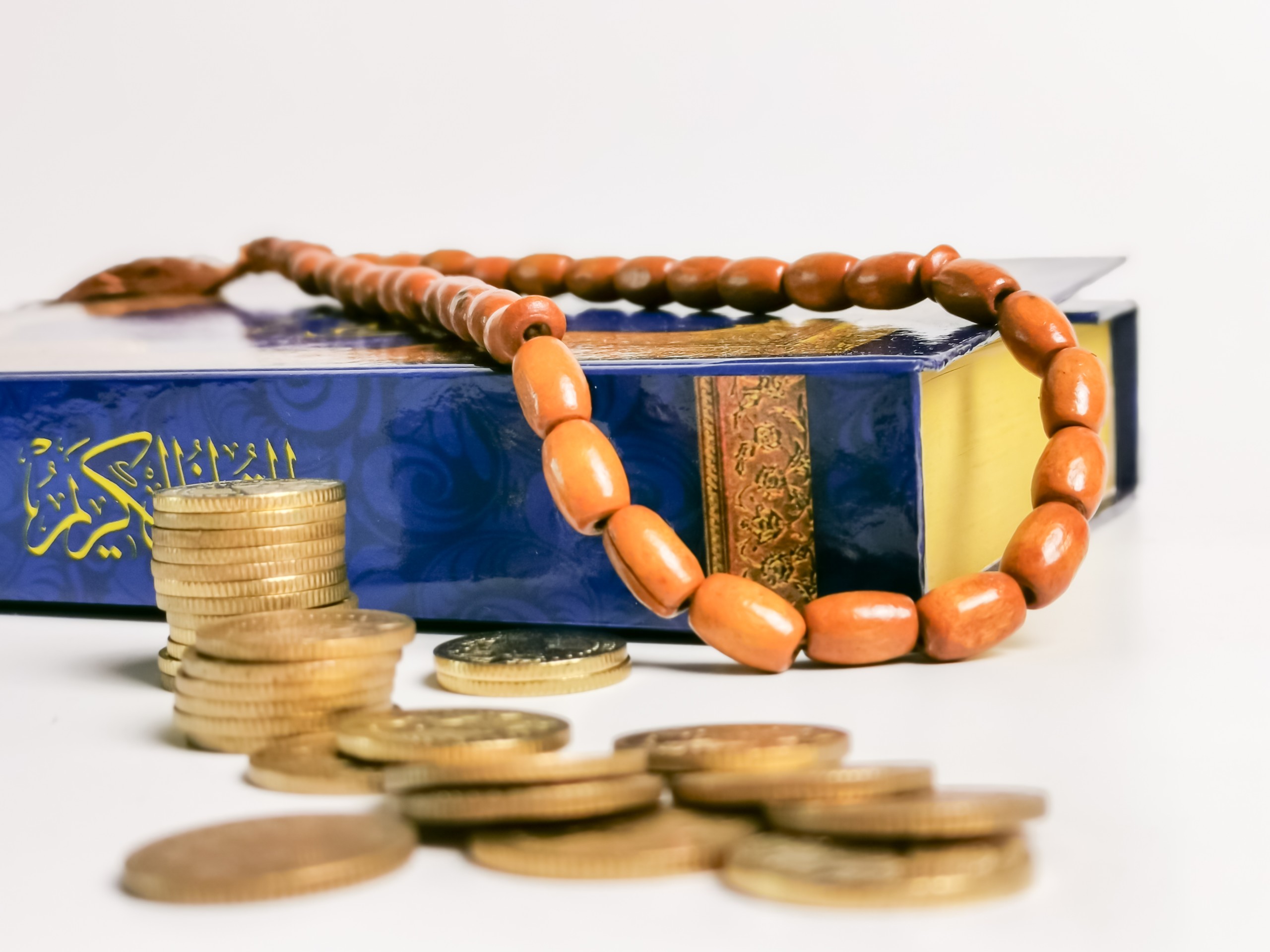
Simultaneously, the Waqf ETF contributes to several UN Sustainable Development Goals (SDGs), including:
- SDG 1 (No Poverty): By channeling funds through waqf, the ETF can uplift underserved communities.
- SDG 3 (Good Health and Well-being): Investment in healthcare leads to improved health outcomes and access to essential medical services.
- SDG 4 (Quality Education): The ETF helps fund educational programs and scholarships, providing broader access to learning.
Expert Insights
Dr. Mohammed Obaidullah, Lead Economist at the Islamic Development Bank Institute, explains:
“The untapped potential of Islamic social finance can bridge critical gaps in humanitarian and development funding. With innovative tools like the Waqf ETF, we can ensure sustainable poverty alleviation while maintaining compliance with Shariah principles.”
This statement underscores the balance between traditional values and modern financial tools, allowing waqf to evolve while maintaining its integrity.
Strengths and Concerns
Strengths:
1. Increased Transparency: ETFs offer regular reports and audited disclosures, which build public trust and ensure accountability.
2. Broader Participation: The ETF structure enables small investors to contribute to waqf, democratizing access to philanthropic investments.
3. Impact Focus: By investing in sectors such as healthcare, education, and economic development, the ETF’s allocations align with waqf’s original mission of long-term societal benefit.
Concerns:
1. Market Risks: Like any investment in the stock market, ETFs are subject to market fluctuations, which could potentially affect the stability of the waqf’s funds.
2. Profit vs. Purpose: While the ETF model is financially efficient, careful management is necessary to ensure that the commercial aspect does not overshadow the charitable intent.
3. Shariah Compliance: The ETF must be vigilantly monitored to ensure it only invests in sectors that comply with Islamic principles, avoiding any involvement in haram (forbidden) industries.
Personal Reflection
As the President of Awqaf Africa, I view the Waqf ETF initiative with cautious optimism. The potential to enhance waqf’s impact through modern financial instruments is undeniably promising. However, it is crucial to balance this innovation with the foundational values of waqf, ensuring that its mission remains pure while expanding its reach. We must remain vigilant in preserving the essence of waqf, ensuring that commercial interests do not dilute its charitable goals.
Conclusion
The Waqf ETF represents a bold evolution of Islamic finance, bridging traditional waqf practices with the dynamism of contemporary financial systems. By ensuring transparency, aligning with Maqasid al-Shariah, and prioritizing community needs, this initiative holds the potential to transform waqf into a powerful tool for global socio-economic development. As we embrace this innovation, we must remain committed to the enduring values of waqf: sustainable, continuous, and impactful charity for the benefit of society.

Awqaf Africa is a prominent organization dedicated to empowering communities across the African continent. Established to foster sustainable development and social welfare, Awqaf Africa focuses on harnessing the potential of endowments (awqaf) to drive positive change. Through strategic initiatives, partnerships, and impactful projects, Awqaf Africa endeavors to address socio-economic challenges and promote prosperity within African societies.
- Choose your favourite cause
- Register to our website !
- Donate the amount you like
- Stay tuned about cause


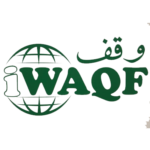
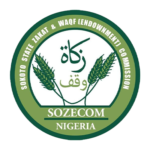

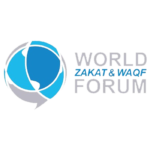
Leave a Reply